Reactive Power if possible should be generated close the load centers or close to the point of its consumption.
Some of the reasons why reactive power cannot be transmitted to long distances are:
- It is inefficient during the high real power transfer and also requires higher voltage magnitude gradients.
- It causes high real and reactive power losses if reactive power is transmitted through long distances. Real power losses should be kept minimum for economic point of view and reactive power should be reduced to minimize the investment in reactive power devices such as shunt capacitors.
- It can lead to damaging temporary over voltages following load rejections. When the receiving end circuit breaker opens with transmission line still energized from sending end, then over voltages occurs as the voltage magnitude depends upon the reactive power in the system. Over voltage will damage the insulation of the conductor and wingdings.
- If reactive power is to be transmitted through long distances in the power system It requires larger size of the equipment (transformers and cables) in the power system.

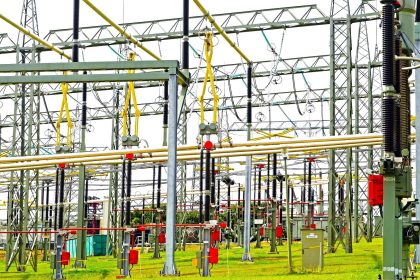
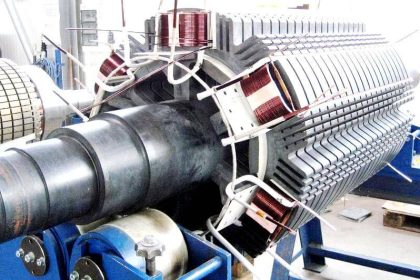



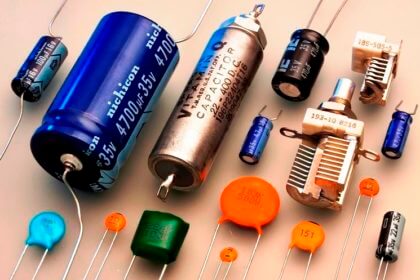
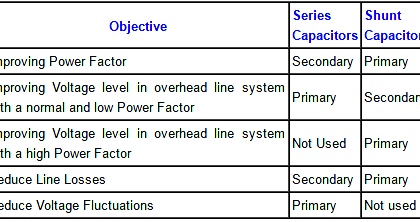
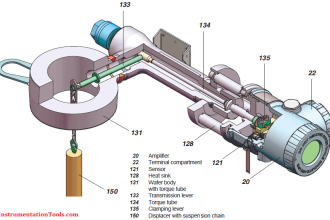
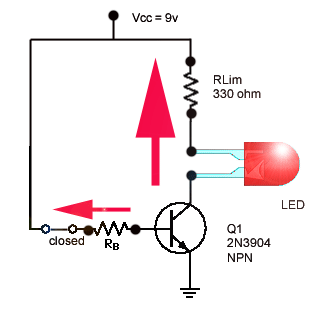
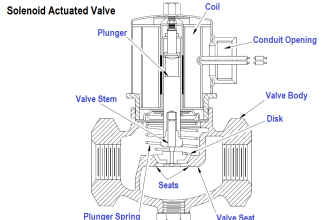

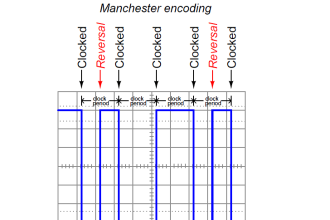




I found your article on the ungrounded neutral system and reactive power generation at the load quite informative. In future, I would like to have similar articles on Electrical Engineering.